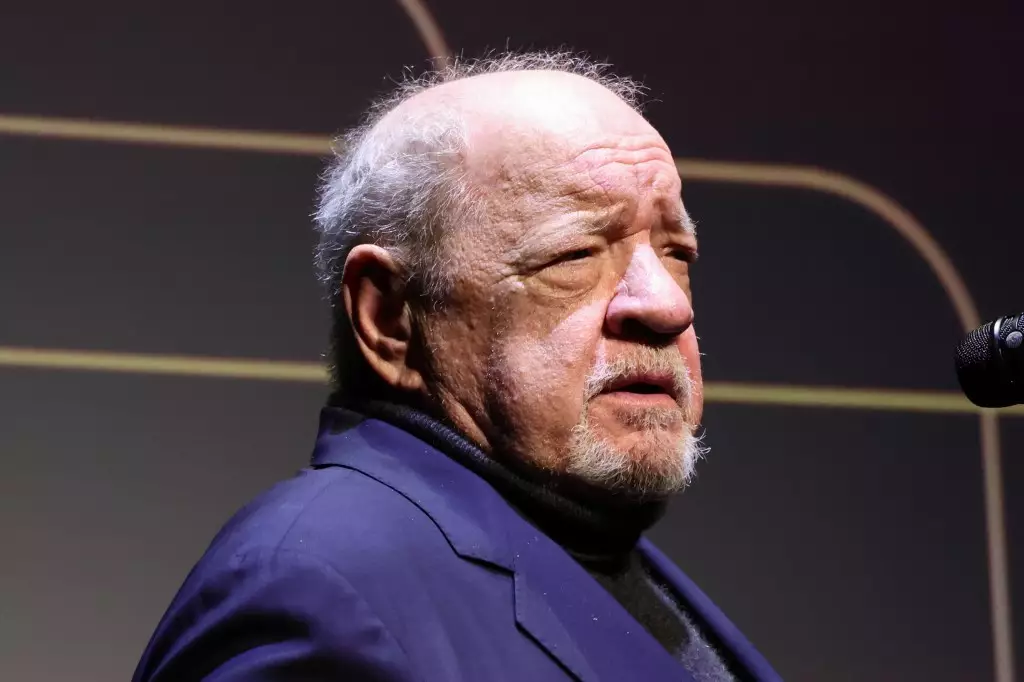In the unfolding saga of Paul Schrader, the acclaimed director and screenwriter known for his masterpieces like *Taxi Driver* and *Raging Bull*, a stark contrast between his cinematic achievements and personal conduct emerges. Recent charges from a former personal assistant reveal a troubling narrative of alleged sexual harassment and assault, casting a shadow over Schrader’s legacy. The allegations—a complex web of power dynamics, intimidation, and impropriety—prompt a deeper examination into the responsibilities of influential figures in the artistic community.
The Legal Confrontation: A Tale of Betrayed Trust
As reported, the unnamed plaintiff has filed a lawsuit alleging that during her employment from 2021 until September 2024, she experienced repeated harassment and abuse at the hands of Schrader. The accusations detail a narrative where the power imbalance in their working relationship created an environment fraught with fear and intimidation. This particular case begs us to consider the broader implications of such behavior in the workplace; it speaks to a pattern of abuse that is troublingly familiar in many industries.
The plaintiff’s quest for legal recourse surfaced after Schrader reportedly withdrew from a previously reached confidential settlement. This not only complicates the narrative but also raises questions about accountability in the arts—a realm often perceived as one of creativity and freedom, yet not immune to the darker elements of human behavior.
Shrugging Off Accountability
Schrader’s counter to these serious allegations, deemed “desperate” and “opportunistic” by his legal representation, raises eyebrows. While maintaining his innocence, the dissonance with the gravity of the claims should not be overlooked. His narrative, that the plaintiff is manipulating the situation to portray him negatively, serves to distract from the larger conversation about how victims are often silenced or dismissed. The continuous cycle of victim-blaming in such high-profile cases often hinders genuine progress toward equality and respect within the workplace.
The age-old dynamic of powerful men invoking their stature to dismiss allegations against them is disturbingly familiar. Schrader’s insistence that “Mr. Schrader never had sex in any form with the plaintiff” may be legally relevant, yet it trivializes the profound emotional and psychological damage that inappropriate conduct entails. It’s imperative to focus on the lived experiences of those who have faced harassment rather than solely engage in legal defenses and counterclaims.
A Call for Advocacy and Change
The fallout from these revelations should extend beyond Schrader’s individual case; it represents a collective moment for the industry to reflect on its values and structures. The arts community should prioritize creating safe and supportive environments that empower voices often relegated to the shadows. Advocacy for victims is paramount in dismantling the systemic issues present in many creative spaces. This incident is a stark reminder that addressing harassment is not only a legal obligation but a moral imperative for those who wish to see genuine progress in the entertainment industry.
Ultimately, the allegations against Schrader serve as a catalyst for dialogue about the conduct that must be eradicated if we hope to build a more equitable and just society.

